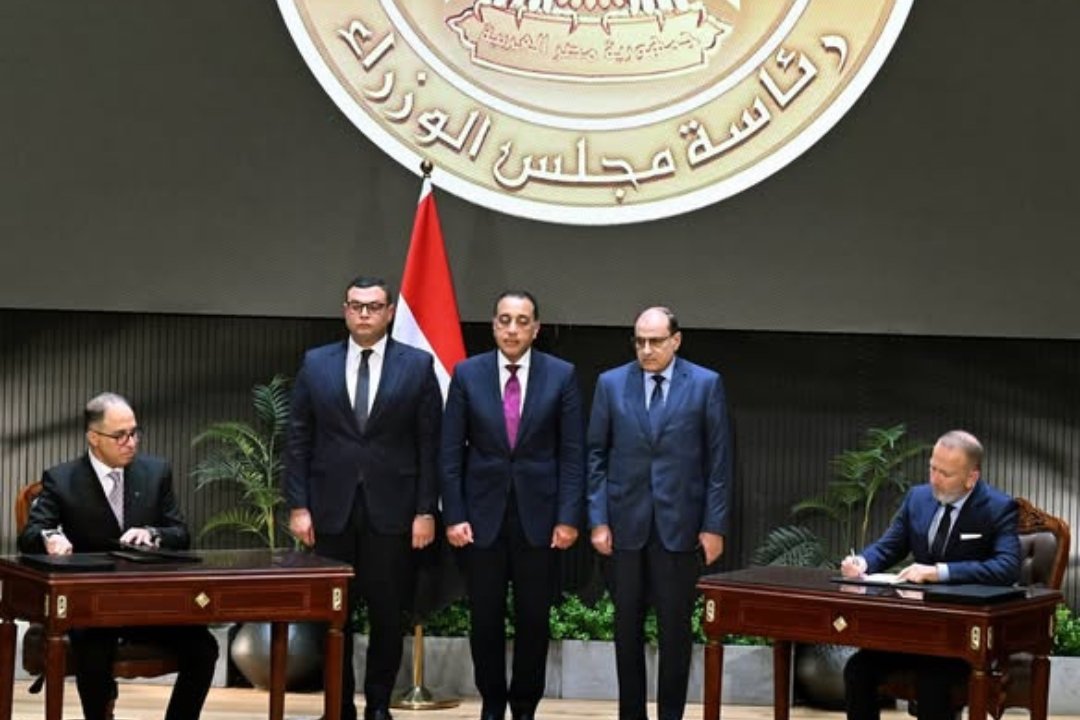Saudi Arabia has announced new regulations freezing rental prices for both residential and commercial properties in Riyadh for five years.
The rules, approved by the Cabinet and issued by royal decree, took effect on 25 September and apply to all existing and new tenancy agreements within the capital’s urban boundaries. The measures aim to tackle rising rents and bring stability to the property market, according to the Saudi Press Agency (SPA).
The General Real Estate Authority has been granted powers to extend the freeze to other cities or regions with approval from the Council of Economic and Development Affairs. Crown Prince Mohammed bin Salman instructed that the regulations be implemented to safeguard tenant and landlord rights, improve transparency, and encourage sustainable development in Riyadh.
SPA reported: “The General Authority for Real Estate has studied the procedures in accordance with the best international practices and experiences to regulate the relationship between the landlord and the tenant.”
Under the new system, rents for vacant properties previously leased will be fixed at the value of the last registered contract. Units that have never been rented will continue to be priced by agreement between landlord and tenant.
All rental contracts must be registered on the government’s Ejar digital platform, with either party able to submit contracts for registration. The other party will have 60 days to raise objections before a contract is legally binding. Lease agreements will now renew automatically unless one side provides at least 60 days’ notice before expiry.
In Riyadh, landlords will be unable to reject a tenant’s request to renew except in three cases: non-payment of rent, confirmed structural safety issues, or the landlord’s need for the property for personal or immediate family use. Additional exceptions may be defined by the authority.
Landlords can appeal fixed rent values in certain situations, such as when significant renovations increase a property’s worth, when the last contract predates 2024, or in other cases approved by the authority.
Violations of the rules carry fines of up to 12 months’ rent for the affected property, alongside requirements to remedy the breach and compensate tenants. Committees set up under Article 20 of the Real Estate Mediation Law will decide penalties, which can be appealed within 30 days.
Whistleblowers who help expose violations may be awarded up to 20 percent of the fine collected if their information proves accurate.
Where the new framework does not cover a case, the Civil Transactions Law will apply. The Cabinet retains the right to amend the system based on future recommendations.
The Real Estate Authority will monitor compliance, release clarifications, and provide public updates on market performance.









![[IRHM] logo](https://irhmagazine.com/wp-content/uploads/2025/08/IRHM-AWARDS-2025-1024x683.jpg)






